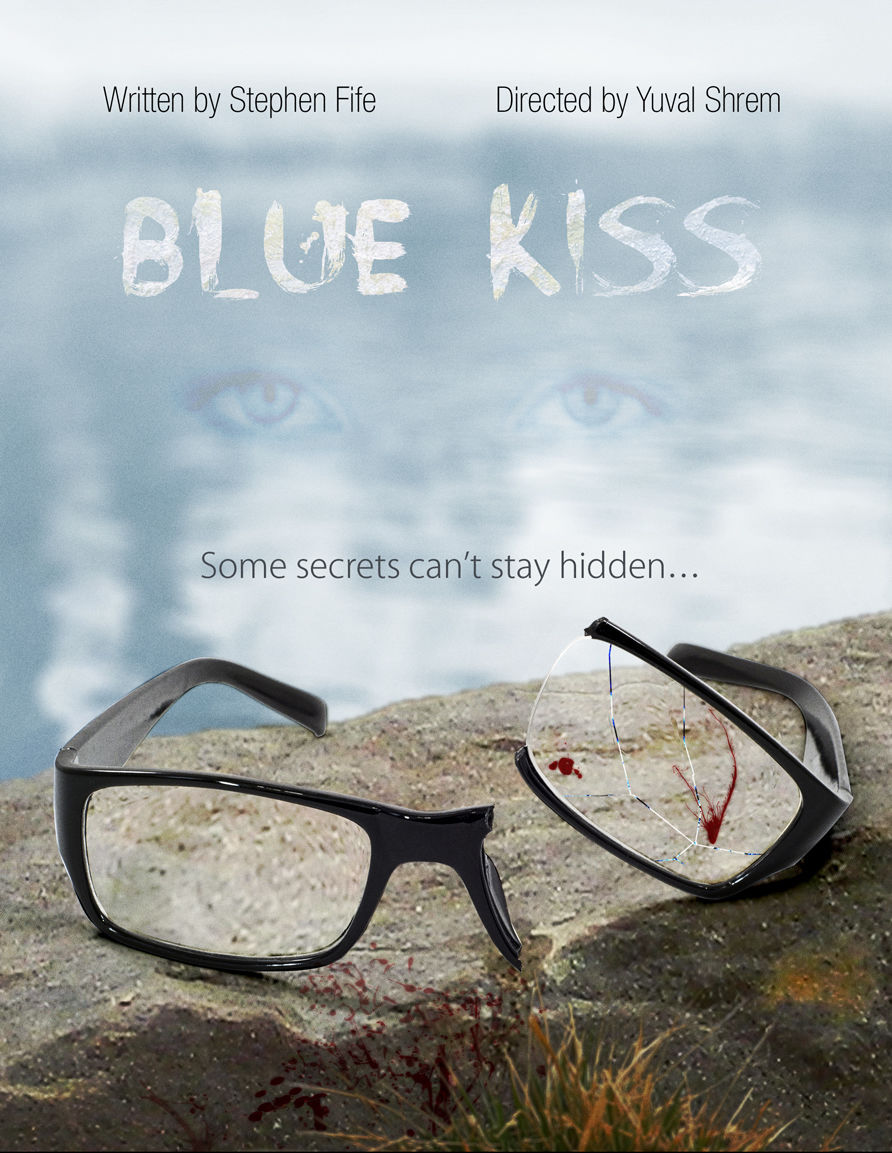THE STAGE 32 LOGLINES
Post your loglines. Get and give feedback.

BLUE KISS
By Stephen Fife
A 17 year old high school student starts writing poetry to recover from her parents’ death in a murder-suicide; when everything falls apart for her, though, she makes a radical decision in the name of ‘truth” that could have drastic consequences.
SYNOPSIS:
From Professional Coverage:
Lila Storm (17) believes, as a poet, it’s her job to put herself out there. She uses her
poetry to express and alleviate the unfathomable suffering she feels in the wake of her
parents’ murder-suicide, but when she puts down the pen and picks up her father’s gun,
it’s impossible to predict where things will end. Each major character in Blue Kiss is a
victim in his or her own way, and the audience can only hope for healing catharsis at the
end of the story, rather than compounded tragedy.
Lila is relatable and engaging. We sympathize with her because of so many details in the
writing. Her many names – Lila, Susan, Janis – reflect a teen identity crisis that’s so
familiar to us, and made all the more troubling by her past. The high school social
hierarchy, with its longing, betrayal, alienation, and gut-wrenching disappointment is
usually only remembered nostalgically for an audience, but in Blue Kiss, the underlying
emotional damage at times manages to recreate that artificial world where everything was
life or death, and so real, when you’re 17.
When Mitchell, (17), the high school quarterback with his own suppressed dark side, falls for Lila,
there’s an almost John Hughes charm to it. It’s a 16 Candles-esque coming of age fantasy fulfillment
that offers Lila and Mitchell a brief escape, but it’s as though the violence of the ensuing 25 years has
tainted our All-American teen angst in a way that’s graphic and inescapable. Do we really know what
it’s like to be a teenager after Parkland and Sandy Hook?
A marketable Indie project needs a strong hook, preferably some aspect of the narrative
that grounds it in the present zeitgeist, and the more controversial, the better. Blue Kiss
takes on the aftermath of violence, and specifically gun violence. Lila’s obsession with
her father’s gun mirrors America’s obsession with guns. Her dilemma is our nation’s
dilemma: Will Lila hold onto her father’s gun for dear life and risk perpetuating the cycle
of violence? Or will she throw the gun away? Is violence contagious, or can we stop it?

